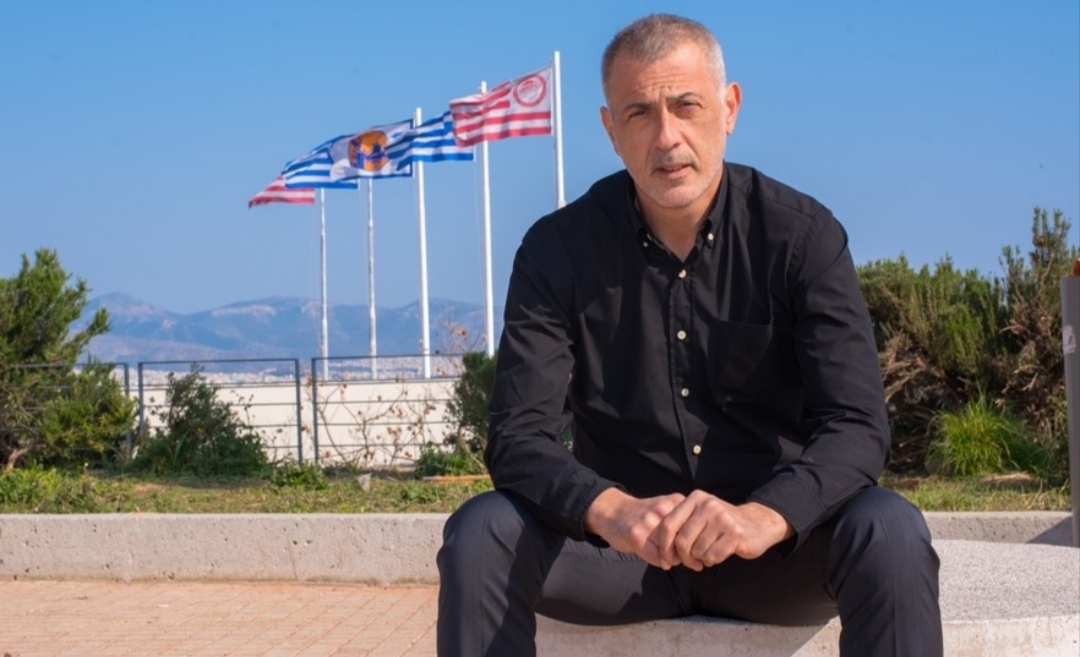Επιμέλεια: Εύα Πετροπούλου Λιανού
THE ENVIRONMENT AND LIVING ORGANISMS
Written by poet, writer, journalist and translator TAGHRID BOU MERHI
Planet Earth is a complete, constantly interacting entity, with humans themselves as one of its components, interacting, influencing, and being influenced. Therefore, humans must strive to live a safe life free from diseases and utilize the land without destruction, corruption, or harm. The resources that God provided for humans, which include water, air, minerals, soil, animals, and plants, form interconnected systems. These constitute a natural environment, within which there is a geological environment that encompasses the individual, their family, and their community.

As the environment is the framework in which humans live and obtain their sustenance and clothing, they must protect it, secure their livelihood, and conduct their relationships within it without causing damage or corruption. The framework in which humans live contains inanimate components and living organisms that have a direct or indirect impact on humans, animals, and plants. The use of land for agriculture, housing, resource extraction, as well as the construction of industrial areas, commercial centers, roads, transportation means, tools, and devices used in daily life, collectively, has altered the natural landscape to meet human needs. This has made the Earth more vulnerable to damage and pollution due to the interaction between living and non-living entities and the environmental conditions. Humans, as part of the ecosystem, are the dominant and tangible controllers of the environmental system. The preservation and non-depletion of the ecosystem depend on their responsible behavior, considering the increased demand for food, clothing, and shelter.
And so, humans cut down trees in forests, affecting the necessary balance between oxygen and carbon dioxide levels in the air. They resorted to using various types of chemical fertilizers and pesticides. Poor use of pastures led to the deterioration of natural vegetation, soil, and climate, causing soil exposure and increased susceptibility to erosion. Additionally, air and water pollution further disrupted the balance of environmental systems. The impact of all these factors ultimately reflects on human life.
As one of the living organisms on Earth, humans require oxygen and a continuous source of energy derived from their organic food, obtained from other living plant and animal organisms. They also need access to fresh drinking water to sustain life.
The fate of humanity is intricately tied to biological balances and the food chains within ecological systems. Any disruption to these systems directly impacts human life. Therefore, the benefit to humans lies in preserving the integrity of the environmental systems that ensure a better life. This can only be achieved through vital awareness, illustrating the extent of human interconnectedness with the environment and educating individuals about their rights and responsibilities.

These rights encompass a set of values established to protect and enhance human existence and everything related to it. The goal is to achieve a just society that advocates for individuals and communities, directly addressing the environmental effects on individual lives, health, and personal property. This involves taking necessary measures to control pollution that negatively affects human health and life.
The global phenomenon of climate change, affecting the world as a whole, is an important step internationally in considering environmental protection as a human right that must be taken into account.
All countries today share common concerns related to this phenomenon. The United Nations Human Rights Committee has issued warnings about it. Thus, we understand that there is a close and clear relationship between human rights and the environment, and the right to live in an environment with unpolluted natural resources that ensure the ability to survive, including land, shelter, food, water, and air.
Changes in the environmental system impact human existence in various ways. Changes in the provision of services affect national security, which, in turn, influences the process of securing food and other goods. Moreover, it increases the likelihood of conflicts among individuals due to resource depletion.
Human beings cannot enjoy their natural life if the environment is not safe, healthy, and clean. It is the responsibility of individuals, global institutions, and governments, as it is impossible to achieve a safe environmental life without sustainable environmental management. Establishing such management is impossible without respecting rights and duties and recognizing the human right to live in a healthy environment. Nevertheless, the relationship between the environment and humans remains a complex issue that requires swift solutions, attention, and care.

































